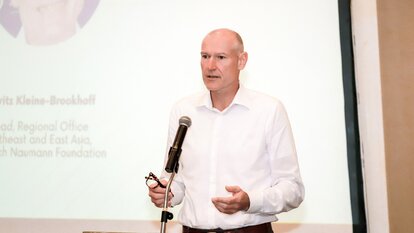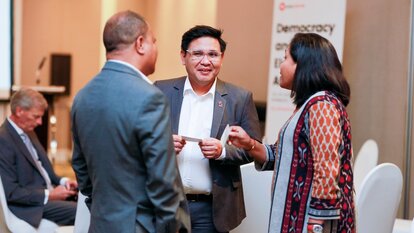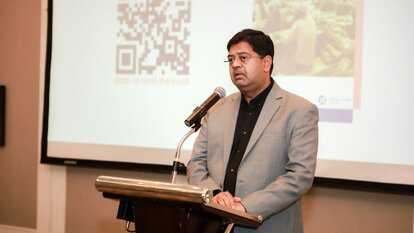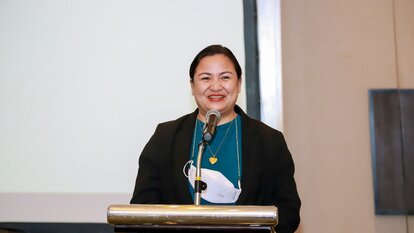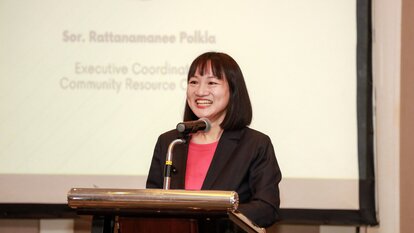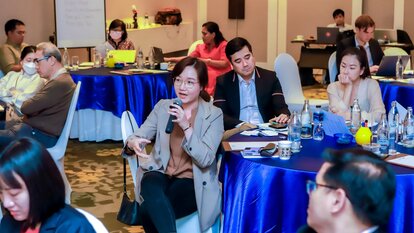Business and Human Rights
Business and Human Rights Training for Parliamentarians and Political Party Leaders
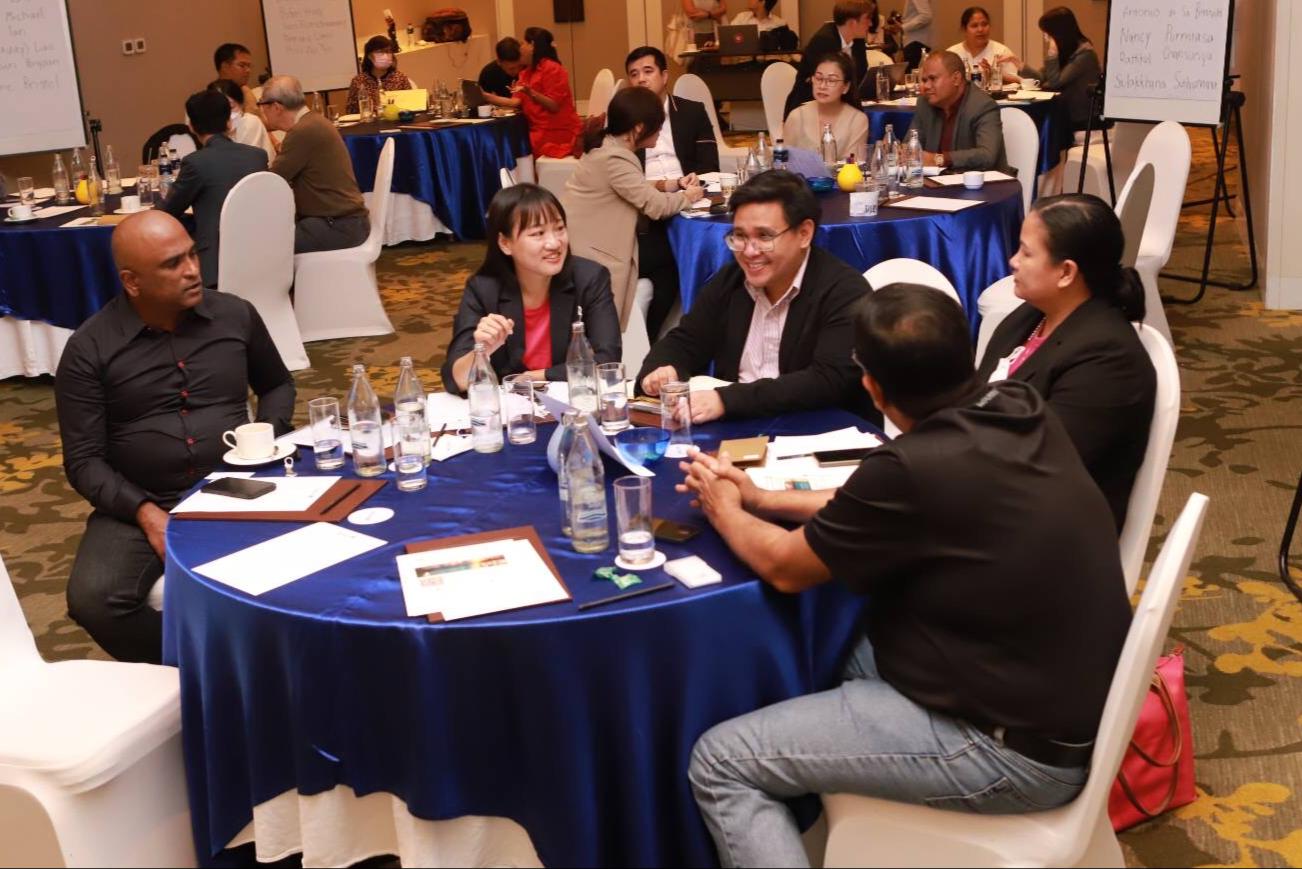
The Friedrich Naumann Foundation for Freedom and the Asia Center held a two-day Business and Human Rights Training (BHR) in Bangkok, Thailand. The key objective of the workshop was to develop a regional network so that lawmakers and political party representatives could advance the agenda for corporate sustainability in line with the UN Guiding Principles for Business and Human Rights. The workshop was based upon findings of the publication Business and Human Rights in Southeast Asia: Developing National Action Plans (2021), which was funded by the Friedrich Naumann Foundation for Freedom.
Participants of the workshop included parliamentarians and political party leaders from Cambodia, Indonesia, Philippines, Mongolia, Singapore, Taiwan, Timor-Leste and Thailand as well as representatives from the Council of Asian Liberals and Democrats (CALD) and the ASEAN Parliamentarians for Human Rights (APHR).
“The UN Guiding Principles (UNGP) changed the paradigm because it framed the responsibilities of both Government and businesses as obligations” said Golda Benjamin, former Programme Director at the BHR Resource Centre. The UNGP are the blueprint on how businesses should manage human rights risks and how governments should incentivize and support good practices. UN-member states are asked to draft National Action Plans (NAPs) on Business and Human Rights.
In Southeast Asia, Thailand took the lead in adopting the first National Action Plan (NAP) on Business and Human Rights. “Having a NAP demonstrates the strong determination of the government to promote responsible businesses in Thailand and manage the impact of business cooperation on human rights abuse,” said Ms. Rattikul Chansuriya, advisor to the National Human Rights Commission in Thailand. “However, although we have had a NAP since 2019, it is not perfect. We do not have enough public participation. The key performance indicators are too quantitative. They do not reflect the real outcomes of the activities.”
In other Asian countries, which do not have NAPs yet, parliamentarians are not involved enough. The Council of Asian Liberals and Democrats (CALD) conducted interviews with multiple parliamentarians. Several were “not familiar with any initiatives concerning businesses and human rights.” CALD has produced recommendations on possible roles of parliamentarians regarding NAPs in the book Business and Human Rights in Southeast Asia: Developing National Action Plans (2021). During the two-day training, Celito Arlegue, Executive Director of CALD, drove the discussions on the progress of NAP developments in the participants' respective countries and encouraged sharing of best practices.
In addition, the workshop also gave different perspectives on BHR in relations to urban development and housing, religious freedom and on the role of Human Rights Defenders. Overall, the workshop provided participants with a rare opportunity to engage with regional colleagues. Having seen the workshop's success, the majority of participants requested the establishment of the first Regional Parliamentary Network on Business and Human Rights in the future as a platform for coordinating advocacy messages, engaging business stakeholders, raising awareness of BHR, and building capacity.
We would like to thank our partners at Asia Center for coordinating this event. Friedrich Naumann Foundation for Freedom is proud to be associated with events that drive discussions forward on Business and Human Rights.
Business and Human Rights Training Gallery
Business and Human Rights in Southeast Asia

The Friedrich Naumann Foundation for Freedom has supported our partner at Asia Center with the publication: "Business and Human Rights in Southeast Asia Developing National Action Plans 2021"
Business and Human Rights in Southeast Asia: A Practitioner's GuideKit
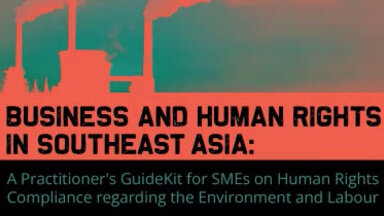
The Friedrich Naumann Foundation for Freedom Southeast and East Asia and AmerBon Advocates have published a “GuideKit for Small and Medium Enterprises on Human Rights Compliance regarding the Environment and Labour”
Or watch our summary video here:
Business and Human Rights Training for Parliamentarians 2022



